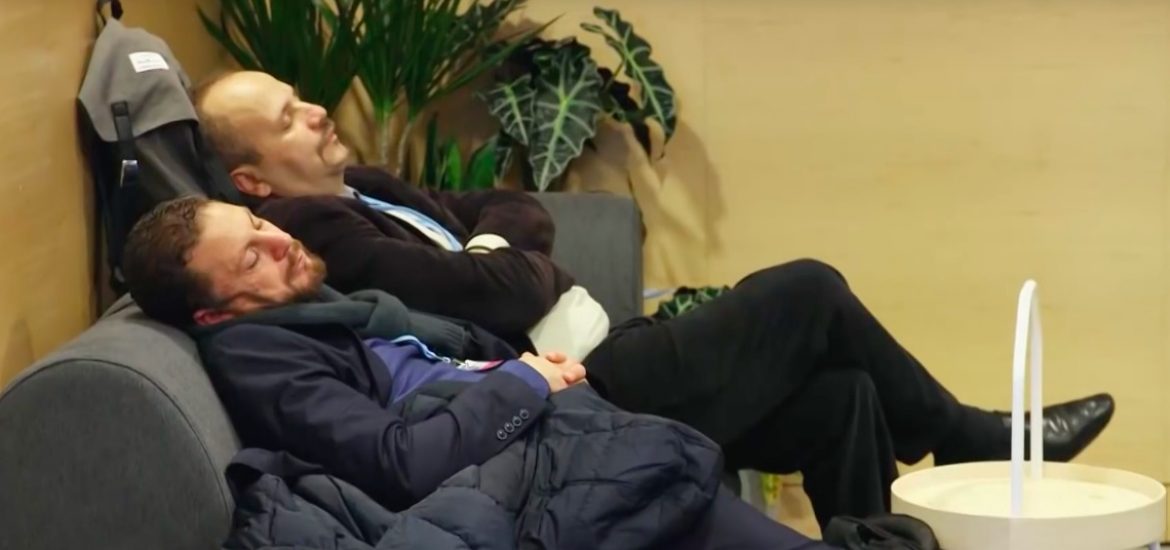
The 195 countries represented at the Conference of Parties (COP24) overcame divisions on Saturday night to agree to rules for the enforcement of the 2015 Paris climate agreement on climate change.
But activists say it is not ambitious enough to prevent global warming spiralling out of control.
Disagreements over carbon markets almost derailed negotiations to create a more detailed framework.
A functioning market for carbon credits will require an international trading system could be an effective way to cut greenhouse emissions and raise funds to fight global warming.
Ministers finally managed to break a deadlock between Brazil and other countries over the accounting rules for the monitoring of carbon credits, deferring the bulk of that discussion until 2019.
Brazil almost derailed the process because it wanted to keep carbon credits it had amassed under the old system that developed countries say was not credible or transparent.
Michal Kurtyka, the Polish president of the talks, told the event in Katowice: “It is not easy to find agreement on a deal so specific and technical. Through this package, you have made 1,000 little steps forward together. You can feel proud.
“We will all have to give in order to gain. We will all have to be courageous to look into the future and make yet another step for the sake of humanity.”
Donald Trump has already announced his intention to pull the US, one of the world’s biggest emitters, out of the multilateral agreement.
Decisions were deferred on pledging more ambitious action to fight global warming and on regulating the market for international carbon emissions trading.
The 156-page rulebook covers how countries report and monitor pledges to curb emissions and update their pollution plans.
UN Secretary General Antonio Guterres welcomed the deal: “Katowice has shown once more the resilience of the Paris agreement – our solid roadmap for climate action.
“It is our duty to reach for more and I count on all of you to raise ambitions so that we can beat back climate change.”
Richer nations have long opposed the idea of being held legally liable for climate change.
Greenpeace International executive director Jennifer Morgan said more ambitious goals should have been enforced.
Morgan said: “A year of climate disasters and a dire warning from the world’s top scientists should have led to so much more.
“Recognising the urgency of raised ambition and adopting a set of rules for climate action is not nearly enough when whole nations face extinction.”
Alden Meyer of the Union of Concerned Scientists told the media: “While some rulebook elements still need to be fleshed out, it is a foundation for strengthening the Paris agreement and could help facilitate US re-entry into the Paris agreement by a future presidential administration.”
Negotiators sleep amid the Katowice talks. Picture credit: YouTube





